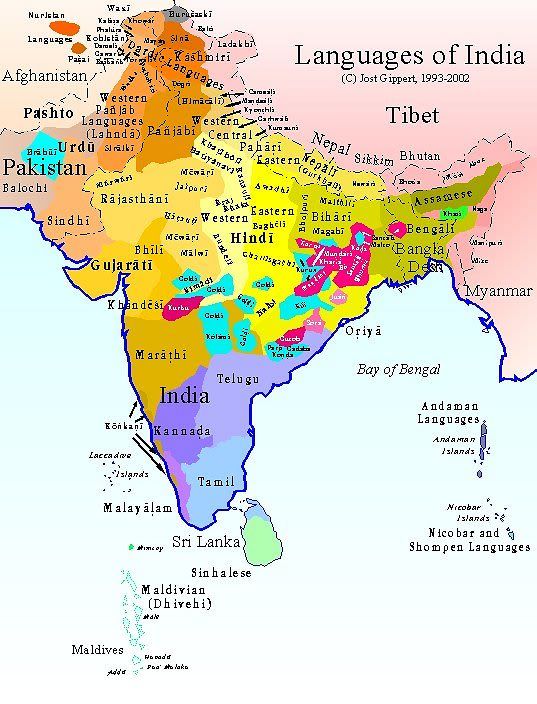By: Inoljt, http://mypolitikal.com/
Imagine you’re a tourist planning on visiting India. Determined not to be seen as culturally ignorant, you’ve decided to learn Hindi, the official language. As the plane lands in Bangalore, you are confident that you can speak in the native language.
Except when you get out onto the street, the people aren’t speaking Hindi. They’re talking in a dialect of Kannada, and you can’t understand them.
Eventually, after several painstaking months, you learn Kannada as spoken in Bangalore. Now you’re really confident that you’ve got this thing down; you know both Hindi and a very local dialect of another Indian language. You fly to Mumbai.
Except in Mumbai the people on the street don’t speak Kannada, Hindi, or English. They speak Marathi. And a fair share of the elite speak English.
Might as well have stayed with English.
More below.
Or imagine you’re visiting China. Once again, as a culturally competent individual you’ve mastered Mandarin, and blast into Shanghai completely prepared.
In Shanghai, however, it turns out that the local language is Shanghainese. You didn’t even know that existed, but when local residents talk to each other you don’t understand any of it.
A local friend you’ve made later, born and bred in Shanghai, confides to you that he feels uncomfortable going to other provinces. In Guangdong locals speak in Cantonese; in Sichuan they speak in Sichuanese; in Tibet they speak in Tibetan; he can’t understand any of it. True, locals can switch to standard Mandarin when talking with non-locals, but he still feels like a foreigner outside Shanghai.
The next day you board a plane back to the United States, where everybody understands and speaks the same exact language. Every word that a person says in Seattle can be comprehended by a person in Houston; every word that a person says in Houston can be comprehended by a New Yorker. With the exception of the South and a few inner-city ghettos, there is even no difference in accent.
This achievement is frequently understated. Many Americans simply assume that things are like this in other countries – everybody in the Middle East speaks Arabic (true, but the regional dialects are mutually incomprehensible), everybody in Nigeria speaks “Nigerian” (definitely not true).
In truth, as the examples of China and India show, it is actually quite strange to think that in a continent-stretching nation with hundreds of millions (or billions) of people, it would be the case that the language would be so uniform. Few countries can claim to have done this. Brazil is one. Russia is another – but remember that Russia is the descendant of the Soviet Union, which tried and failed to impose a Russian common language upon the tens of millions of its non-Russian citizens.
Some conservatives complain that nowadays, there are too many Mexicans who don’t know English. Yet of the Hispanic immigrants who enter the United States, only 6% of their grandchildren will speak Spanish at home.
The extent to which the United States has succeeded in establishing a common language, across a continent and through three hundred million people, remains an amazing, if much-ignored, accomplishment.

8 comments